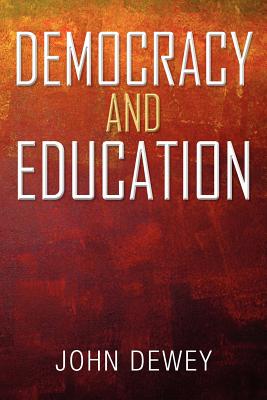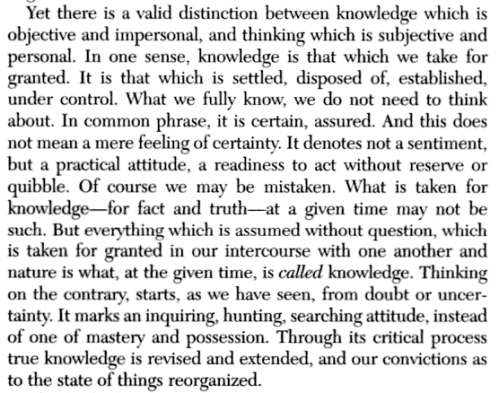The decision from the Ghomeshi trial (read the full decision here) has generated a lot of discussion over the past five days. Some of the reaction has been in favour of the decision, while others have been critical.
In this post, I am not going to comment on the decision itself (although I do have several things to say about it, none of which are that I think Ghomeshi should have been found guilty given the way our current legal system works). Instead, I want to focus on the blurring of the lines that occurs in reaction feminist criticisms of the trial, the decision, the legal system, or responses to sexual assault survivors. I think in each of these cases it is important to keep the target of the criticism firmly in mind if you are going to respond to the criticism reasonably.
It seems to me that several targets of criticism and several alternative responses to sexual assault have been suggested in media responses to the trial. Once could criticize:
- a. The decision itself
- a. The criminal courts
- a. The legal system more generally
- a. The effects of one of the above on complainants bringing a case
- a. The effects of one of the above on possible future complainants
One could also discuss alternative ways to address sexual assault that have nothing to do with the criminal courts or the legal system. For example:
- b. Non-legal responses to sexual assault
- b. Ways to support survivors of sexual assault
- b. Social norms and changes to social norms
More could be added to the above lists, I am sure. But even with these brief lists, we can see the conflation of the targets of criticism and the contexts of discussion in some responses. For example:
Q: What I find very interesting though is how on the one hand you’ve heard people saying two contradictory things at once. You’ve been hearing “believe women,” #believewomen even, we’ve reduced it to that. On the other hand, everyone will agree of course you’re innocent until proven guilty. I don’t know how we structure a system that believes women on the one hand and also presumes that the accused is innocent.
A: If your friend comes to you and says ‘I was sexually assaulted,’ you believe your friend. But you also use your sense of scrutiny for everything else you do in life and sometimes you have questions. When it comes to a criminal trial, you have to dig down when there are those questions because someone else’s life is at stake and someone else’s liberty is on the line. I have a problem with the #believewomen movement. I get it. But it just makes no sense in the criminal justice context. We can support women who say they have been sexually assaulted. We can have resources available. But when it comes to a criminal trial, to #believe everything a woman says, says “Let’s just throw out the trial and convict the guy.” We would be using some sort of different justice system where no one gets a fair trial because the woman said this happened and that’ll be it. That would be a major setback. There are countries throughout the world who are desperate for our system of justice and there are people who have been convicted of things that they didn’t do. And one case that jumps out is that Neil Bantleman, the Canadian convicted overseas in Indonesia of sexually assaulting a child. The general consensus is the gentleman probably didn’t do it and did not receive a fair trial. The quality of the evidence is horrendous. But if it was #believekids that’s exactly what you get. Which is, “You’re convicted, the kid said it.” That’s full stop. We cannot regress to that justice system. We just can’t. (Source: The National Post emphasis added)
These two things are not at all contradictory because they are not being said about the same targets. The idea that everyone should be innocent until proven guilty is an idea that applies at the level of 2. a. the criminal courts, and possibly to other areas of 3. a. the legal system (but not all areas of the legal system). In contrast, the #believewomen movement is not about the criminal courts or about the legal system, it arises from rape crisis centres and discussions of 2. b. how to support sexual assault survivors. It has no direct application to other contexts. To conflate the targets of criticism, the context of discussion, and suggested responses is to create a straw person argument.
The idea that we should believe women when they tell us about their experience of sexual assault comes from rape crisis centres. The idea behind the movement is that the criminal justice system is currently set up to encourage defense lawyers to show that complainants are not credible and the defense will do this whether or not the complainants are telling the truth (this occurs in other criminal defenses, as well, not just in cases of sexual assault). The response “believe women” is meant to support complainants outside the courtroom as they have their credibility shredded inside the courtroom. It is meant to say that even though their credibility is being called into question, there are still some who believe them.
I have never read any feminist legal scholar or any feminist scholar of any discipline who suggested that the criminal courts should make any criminal decision on the basis of a blind faith in a woman’s testimony. To suggest that this is what the movement is about it to distort the argument and conflate the context of application for the suggestion. It is to misunderstand what #believewomen is about; it is not an analysis of the movement.
In addition, this particular misunderstanding and distortion of the movement serves to make feminists seem irrational. Kathryn Wells is right in the above quote that if what feminist were saying is that courts should never question a woman’s testimony this would create injustice, it would infantilize women, and it would undermine the criminal court system. But this is not what is suggested. The fact that people accept this interpretation goes to show the extent to which people are willing to create a caricature of feminist arguments rather than engaging them.
In contrast, some feminists have criticized the criminal courts and the evidentiary standards. But this is a separate criticism from the claim that we should blindly believe women.
Below the fold there are some more places to read or watch things about the trial.
(more…)
Read Full Post »










